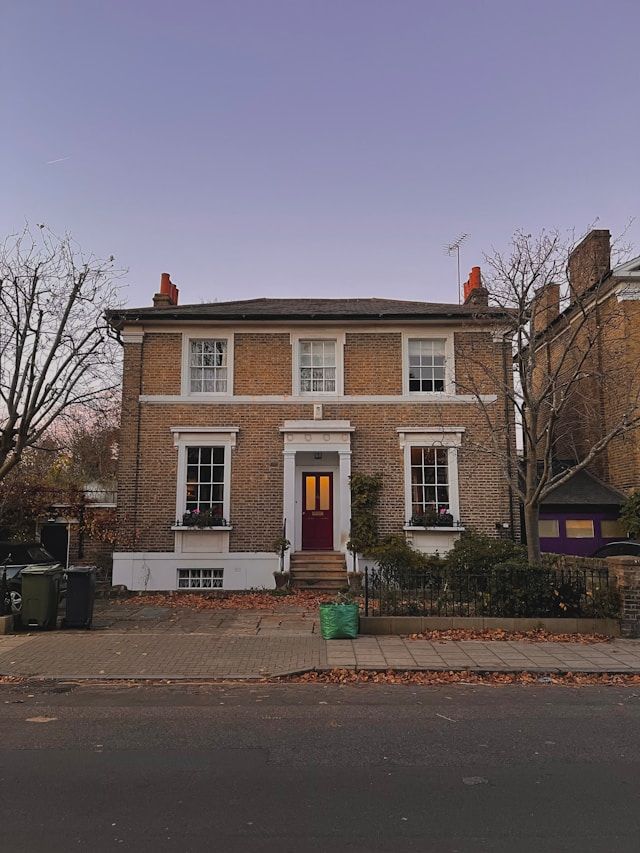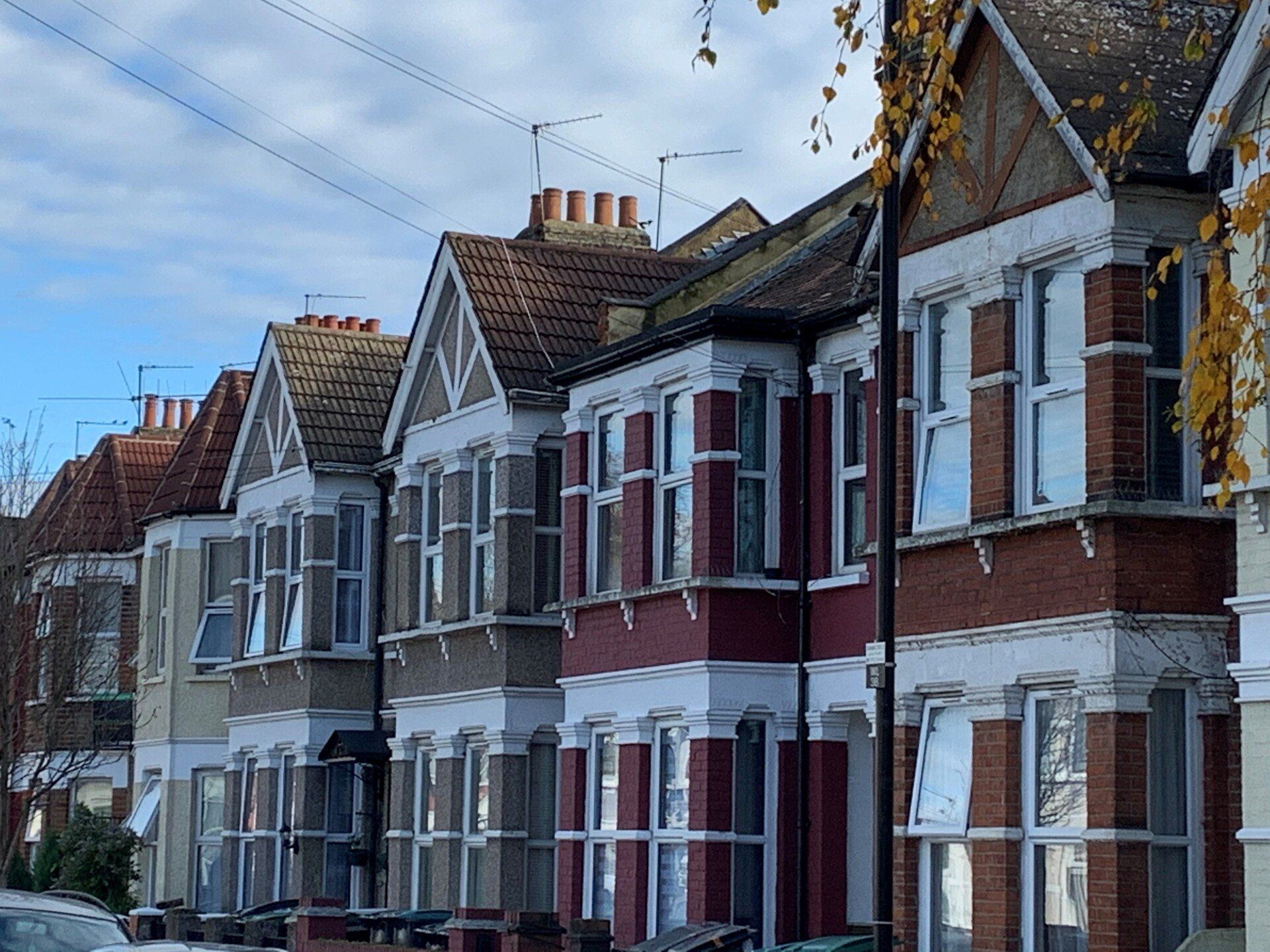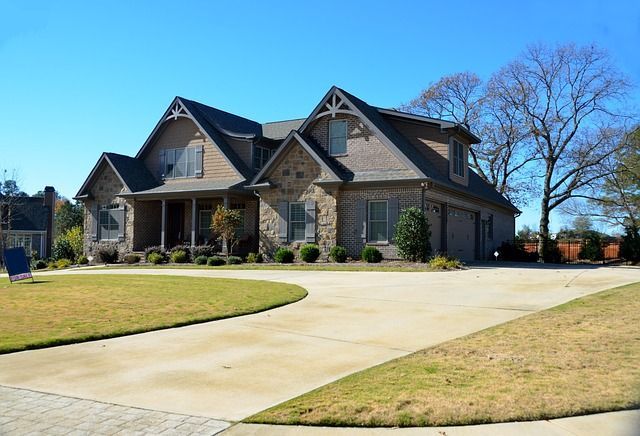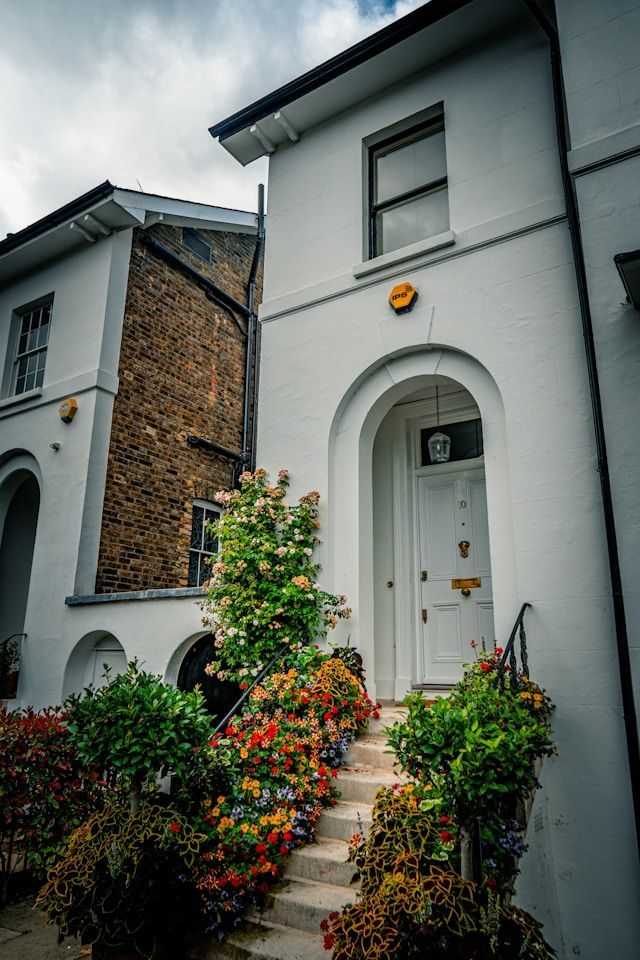Party Wall Compensation and Inconvenience: All You Need to Know
When it comes to building or renovating a property, especially in densely populated areas like London, party wall matters are a key consideration. Whether you're a property owner planning work that might affect a shared wall or a neighbour concerned about the impact of those works, understanding your rights, responsibilities, and entitlements is crucial. One area that often causes confusion is party wall compensation for inconvenience or damage. This blog unpacks everything you need to know about it.
What is a Party Wall?
A party wall is a wall shared by two adjoining properties. These walls are common in terraced or semi-detached houses and can also include garden walls that sit astride the boundary. In England and Wales, the Party Wall etc. Act 1996 governs the procedures and rights associated with building works that might affect such walls or nearby structures.
When Does the Party Wall Act Apply?
The Party Wall Act applies in several situations, including:
- Building on or near the boundary line
- Cutting into a party wall to insert beams
- Raising the height of a party wall
- Excavating near neighbouring buildings (within 3 or 6 metres, depending on depth)
Before any work begins, the building owner must serve a Party Wall Notice to the adjoining owner(s). If the adjoining owner agrees, work can proceed. If they dissent or don't reply, a Party Wall Surveyor is appointed to resolve the dispute and create a Party Wall Award.
What is Party Wall Compensation?
Compensation under the Party Wall Act is intended to address:
- Damage to the adjoining owner's property
- Inconvenience or disturbance caused by the works
- Loss of use or value due to delays or poor execution
The goal is to ensure that the adjoining owner is not left worse off because of the building owner's works. The compensation can take the form of financial payment, repairs, or restoration.
Common Types of Compensation
Damage Compensation
This is the most straightforward form. If the building works result in any form of damage to the neighbour’s wall, ceiling, garden, or any part of their property, they are entitled to full repair or monetary compensation. This includes:
- Cracks in plaster or brickwork
- Broken tiles or roofing
- Damaged garden walls or fences
Access-Related Inconvenience
Sometimes, contractors may need to access the neighbour’s land to complete the works. This can lead to disturbance, reduced privacy, or restricted movement. In such cases, the adjoining owner may be eligible for inconvenience compensation, especially if the disruption is prolonged or significant.
Loss of Rent or Business Income
In the case of commercial properties or rented flats, if the works cause loss of income (e.g., tenants vacate the property or the business suffers), the owner may be eligible to claim for loss of rent or profits.
Loss of Light or View
Although the Party Wall Act doesn't cover loss of light in the same way as planning laws, prolonged scaffolding, barriers, or dust that affects daily living could form the basis of a claim, especially when it impacts enjoyment of the property.
How is Compensation Assessed?
Party Wall Surveyors play a central role in assessing and awarding compensation. Typically:
- A Schedule of Condition is prepared before works begin, documenting the state of the neighbour’s property.
- After the work, the surveyor compares the current condition to the schedule to identify any damage or impact.
- The surveyor may invite quotes for repair or obtain estimates from specialists.
- The amount of inconvenience is harder to quantify but can still be assessed based on access restrictions, disruption length, and severity.
Do You Always Get Compensation?
Not always. Minor inconveniences or non-material damage often don’t qualify for compensation. The law typically expects a reasonable level of tolerance between neighbours. However, if the impact is excessive or avoidable, a claim becomes more likely.
What If the Damage Appears After the Work?
Sometimes cracks or issues may appear weeks or months after construction ends. That’s why having a Schedule of Condition is vital. It provides a baseline to prove that any new issues are a result of the building works. You should:
- Notify the surveyor and building owner in writing
- Provide photographic evidence
- Request an inspection and possible reassessment
Can You Refuse Access?
Under the Party Wall Act, adjoining owners are legally obliged to provide “reasonable access” if required for the works. However, if access is poorly managed, lasts too long, or restricts daily life, then compensation for inconvenience may be justified.
How Long Does a Compensation Claim Take?
This depends on the extent of damage or disruption and the willingness of the building owner to resolve it. Most cases are resolved by the surveyor within a few weeks to a few months. However, if there's a dispute, it may take longer and might even involve third-party arbitration or legal action.
Tips for Neighbours Affected by Party Wall Work
Don’t Ignore the Notice – Always respond within 14 days.
Appoint a Party Wall Surveyor – If you dissent or are unsure, get professional help.
Document Everything – Keep photos, dates, and notes about any disturbance or damage.
Communicate Clearly – Be open but assertive with your neighbour and the surveyor.
Understand Your Rights – Know what compensation you’re entitled to and how to claim it.
Party wall issues can be tricky, especially when it comes to compensation for inconvenience or damage. The law provides a structured process to ensure fairness, but awareness and timely action are crucial. Whether you're the one doing the building or the one next door, knowing your rights under the Party Wall Act helps you navigate the process smoothly and protects your property and peace of mind.
If you're unsure how the Party Wall Act applies to your situation or believe you're entitled to compensation, consult a qualified Party Wall Surveyor in your local area for expert guidance.
For friendly professional advice, contact us or call now and speak with a
specialist Party Wall Surveyor.










